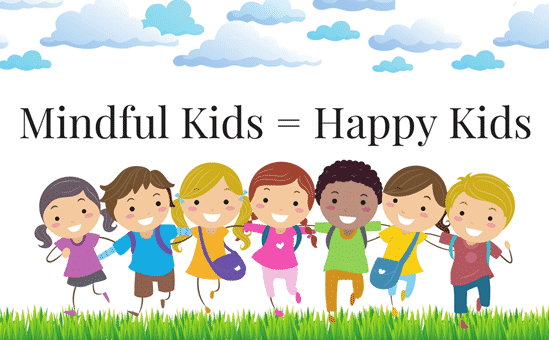|
Getting your Trinity Audio player ready...
|
With covers, distance learning and restricted social communications, the pandemic has absolutely changed how we bring up our children — causing a few worries for guardians.
One of the greatest has to do with their social and passionate turn of events.
Here are three science-sponsored exercises
1. Make music together:
Making them comprehend of music, regardless of how old your child is, can effectsly affect their social abilities.
A recent report found that small kids who played music instead of games with different children were bound to help another youngster later on throughout everyday life.
In the investigation, just four out of 24 youngsters who messed around with different kids offered to help a companion fix a wrecked toy. Yet, 13 out of 24 children who made music as a gathering offered some assistance.
“In customary societies,” the specialists clarified, “making music and moving are frequently necessary pieces of significant gathering services (i.e., inception ceremonies, weddings, arrangements for the fight to come), so music developed into an apparatus that cultivates social holding and gathering union, at last expanding prosocial in-bunch conduct and participation.”
It bodes well: Musicians facilitate, share enthusiastic encounters, move together and make synchronized sounds. Making music in a gathering requires all gatherings to know about others.
2. Zero in on likenesses, not contrasts, with others:
Converse with your kid about what they share practically speaking with their companions, family, neighbors and cohorts as opposed to what is unique.
For instance, you may call attention to pastimes your youngster prefers that another understudy does, or most loved sleep time books that everybody in the family has cherished at a certain point.
Zeroing in on likenesses and shared gathering encounters is the best methods researchers have tried for expanding individuals’ awareness of certain expectations to other people and their social affectability.
Besides, discussing likenesses can expand emotions that we are essential for a common group, and that feeling of cooperation can increment both liberality and mindfulness.
3. Get some information about what’s imperative to them:
Welcome your kid to discuss about the qualities that are generally critical to them. What characteristics matter the most about their character?
Maybe it includes their athletic or imaginative capacities, or their comical inclination. Have a discussion regarding why these things are significant parts of their lives. Also, tune in to their answers without condemning.
A global group of clinicians tried the effect on adolescents’ social abilities of thoroughly considering these inquiries. They requested all understudies in a study hall to demonstrate which from their companions kicked, hit, or expressed mean things about another understudy, spread lies, or prohibited others.
The teenagers most regularly referenced by peers were ones who had constantly lower confidence and held entitled self-sees.
Notwithstanding, subsequent to pondering the qualities they considered generally significant, adolescents’ forcefulness died down. Indeed, even among the most entitled of youngsters, harassing diminished by 75% even seven days subsequent to considering their qualities.
The specialists clarified that tokens of significant qualities cradle youngsters against dangers to their sensations of self-esteem that may some way or another lead them to lash out against others.

